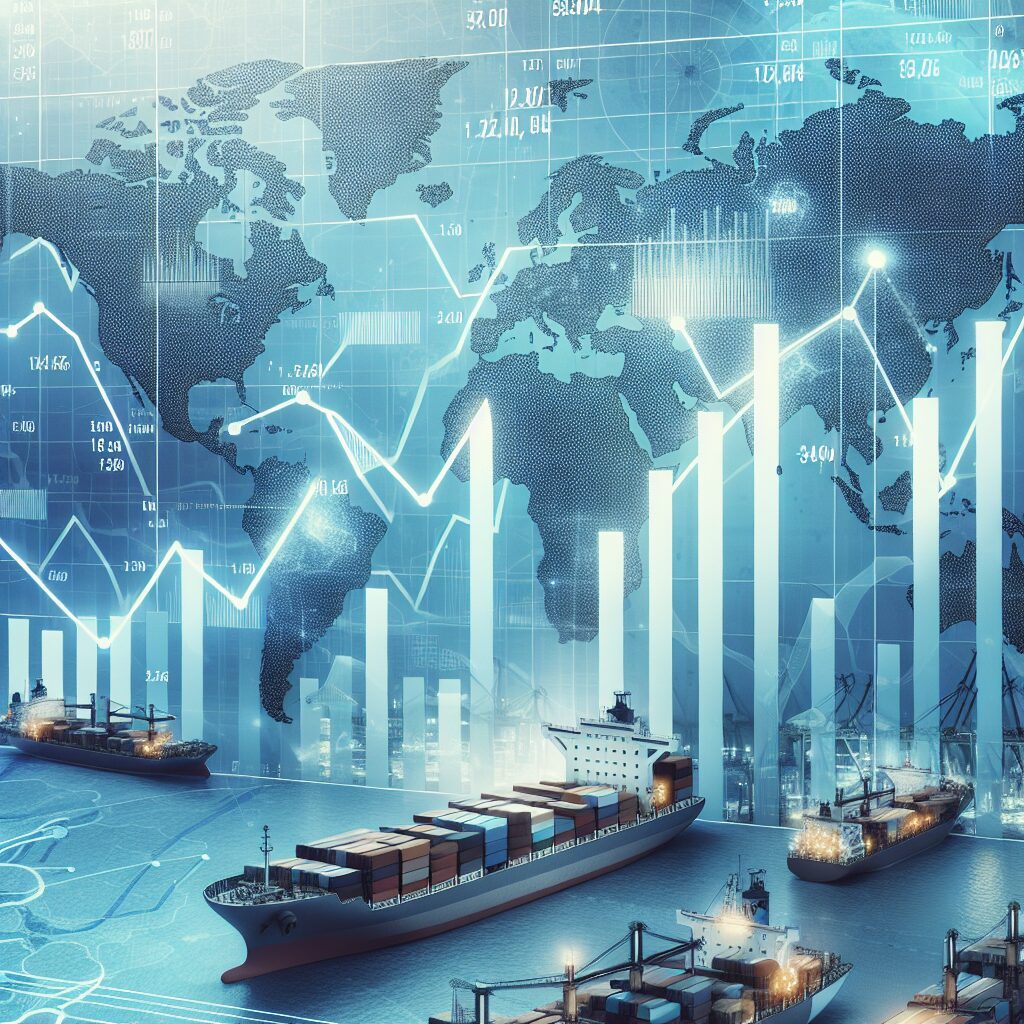Introduction
As April 18, 2025, unfolds, Brazil finds itself navigating a complex global trade environment, with new tariff policies, economic shifts, and evolving trade negotiations. With U.S. tariffs affecting Brazilian exports, China’s retaliatory measures impacting global markets, and the European Union adjusting its trade strategies, Brazil must carefully navigate these challenges to maintain economic stability.
This article provides a comprehensive analysis of the latest Brazilian tariff developments, including trade negotiations, industry-specific impacts, economic responses, and long-term trade strategies.
Brazil’s Trade Relations Amid Global Tariff Disputes
U.S.-Brazil Trade Negotiations
The United States and Brazil are currently engaged in high-stakes trade discussions, with President Donald Trump stating that the two nations are “working very hard” on a trade deal and that there is a “good chance” of reaching an agreement.
While Brazil has largely avoided direct tariff increases, Brazilian exports are still subject to:
- A 10% baseline tariff imposed by the U.S. on all non-exempt imports.
- A separate 25% duty on agricultural products and metals, affecting Brazilian manufacturers.
The Brazilian government is pushing for exemptions on key industries, particularly agriculture and steel, to reduce export costs and maintain competitiveness.
Brazil’s Agricultural Industry Faces Tariff Challenges
Impact of U.S. Tariffs on Brazilian Agriculture
The Brazilian agricultural sector, which exports soybeans, beef, and sugar to the United States and European markets, is facing higher costs due to tariff increases.
- Brazilian soybean exports to the U.S. are now subject to higher duties, making Brazilian agricultural products less competitive in the American market.
- China’s retaliatory tariffs on U.S. goods have shifted global trade flows, affecting Brazilian exports.
Brazilian Government’s Response
Recognizing the severity of the crisis, the Brazilian government has introduced new trade policies to support the agricultural industry:
- Negotiating tariff exemptions with the U.S. to reduce export costs.
- Expanding trade agreements with China and the European Union to diversify export markets.
- Providing financial incentives for domestic agricultural production to offset rising costs.
Despite these efforts, Brazilian farmers remain concerned about long-term trade stability and global market volatility.
Brazil’s Technology Sector and Semiconductor Tariffs
Global Chip Shortages and Brazil’s Role
The U.S. semiconductor tariff expansion, including new restrictions on Chinese chip exports, has introduced significant supply chain disruptions for Brazilian technology firms.
- Brazilian semiconductor companies rely on global supply chains for electronics and telecommunications equipment.
- Restrictions on Chinese semiconductor sales have forced Brazilian firms to explore alternative suppliers, increasing costs.
Additionally, Brazilian fintech companies, such as Nubank, have expressed concerns over tariff-induced slowdowns, which could impact international transactions and revenue growth.
Brazil’s Automotive Industry: Adapting to Tariff Pressures
Challenges for Brazilian Automakers
Brazil’s automotive exports, particularly Volkswagen Brazil and Fiat Brazil, have traditionally thrived in U.S. and European markets. However, with U.S.-China trade tensions impacting supply chains and tariffs raising costs on automotive components, Brazilian manufacturers are reassessing production strategies.
- Volkswagen Brazil has shifted a portion of its electric vehicle production to Mexico, reducing exposure to U.S.-China tensions.
- Fiat Brazil’s luxury car division has announced higher export costs due to rising tariffs on automotive components, prompting negotiations for expanded EU trade protections.
Brazil’s electric vehicle sector, previously a growing competitor to Germany and China, has faced significant price volatility due to fluctuations in raw material costs and tariff-induced supply chain disruptions.
Brazil’s Inflation and Economic Adjustments
Central Bank of Brazil’s Response to Tariff Turmoil
Annual inflation in Brazil has eased for the second consecutive month, with the consumer price index rising 3.2% in March, down from 3.5% in February.
Despite this decline, the Central Bank of Brazil is closely monitoring the economic impact of U.S. tariffs, with policymakers considering interest rate cuts to support economic growth.
- Inflation is expected to rise in April due to higher household energy prices and payroll taxes.
- The Central Bank of Brazil may implement rate cuts to counteract tariff-induced economic slowdowns.
While inflation remains lower than expected, the Brazilian government is focused on stabilizing trade relations to prevent further economic disruptions.
Brazil’s Long-Term Trade Strategies
Diversifying Trade Partnerships
With global trade tensions escalating, Brazil is implementing long-term trade policies to counteract tariff instability and maintain economic resilience.
- Expanding trade agreements with China, Canada, and Southeast Asia to reduce reliance on U.S. and EU markets.
- Investing in domestic production capabilities, particularly in agriculture, automotive, and technology sectors.
- Enhancing trade negotiations with the European Union to secure stronger protections for Brazilian industries.
Potential Policy Adjustments
Brazilian lawmakers are exploring potential policy shifts, including:
- Expanding subsidies for tariff-affected industries, particularly agriculture and automotive manufacturing.
- Implementing targeted tax incentives for companies shifting supply chains to alternative international markets.
- Reassessing trade agreements with the U.S., focusing on tariff exemptions and fair trade policies.
Trade policy experts predict continued volatility, but they emphasize that diplomatic resolutions could alleviate long-term risks.
Conclusion
As the Brazilian trade landscape evolves, businesses, investors, and policymakers must brace for uncertainty, adapting to shifting negotiations, retaliatory tariffs, and emerging trade alliances.
April 18, 2025, marks a pivotal moment in Brazilian trade policy, with U.S.-Brazil negotiations, China’s countermeasures, inflation concerns, and industry shifts shaping economic futures. The long-term success of Brazilian industries will depend on strategic policy decisions, trade diplomacy, and economic resilience.

Leave a Reply